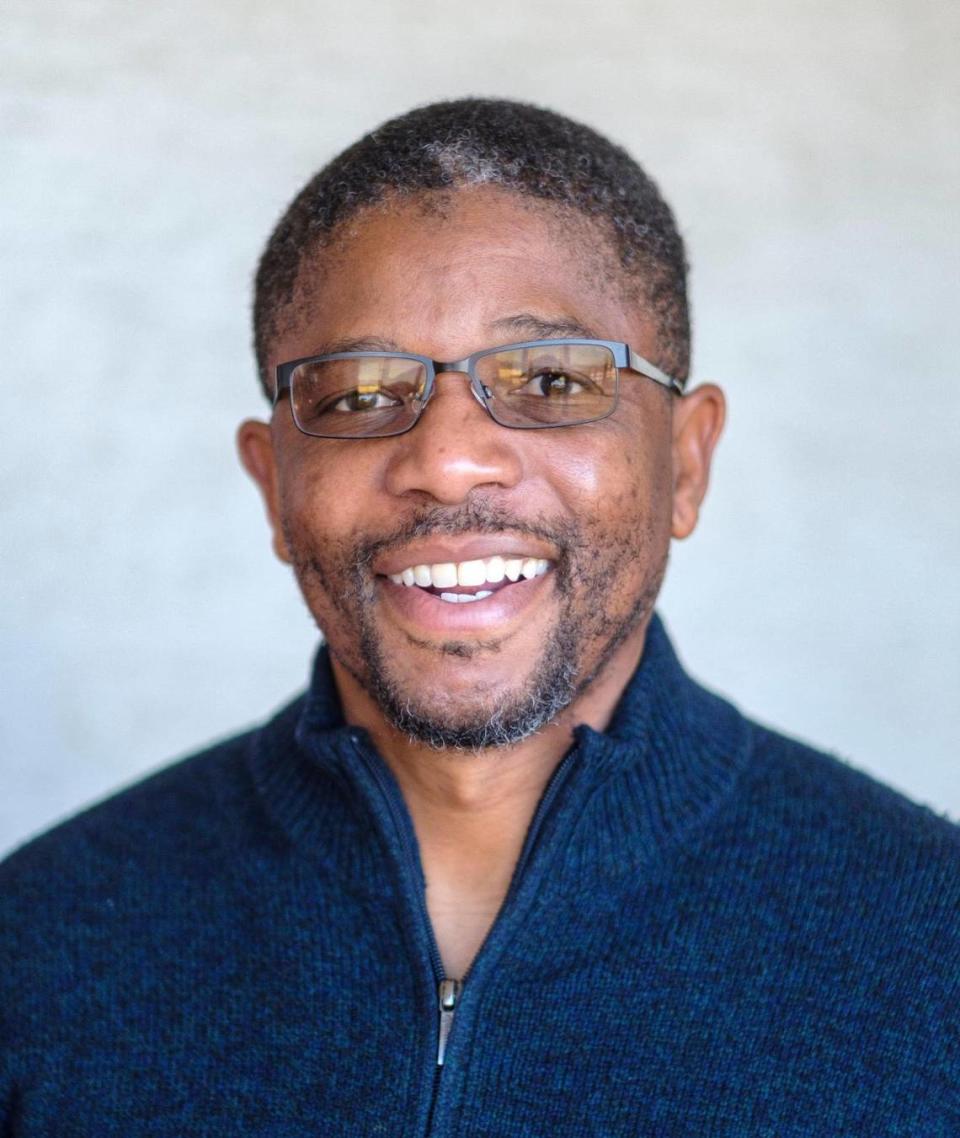End AP African American Studies? I don’t know how much more Black people in SC can take. | Opinion
The state that passed a law to ensure its white students could not be discomforted or feel guilty by hearing the truth about its racist past just showed it doesn’t give a damn about its Black students.
After a two-year pilot program, South Carolina has decided to end Advanced Placement African American Studies courses in its public schools. The S.C. Department of Education didn’t have a good explanation for its decision — because there isn’t one.

“In the years since this pilot began, there has been significant controversy surrounding the course,” Deputy Superintendent Matthew Ferguson wrote to schools announcing the decision.
The “controversy” was phony and contrived, ginned up by the same people who have been busy attacking critical race theory and diversity, equity and inclusion programs.
Schools can still teach the course, or something similar, on the local level. But students would have to pay for the AP end-of-the-year exam on their own to get possible college credit. Those kinds of details are supposed to make this seem like a routine decision. Don’t be fooled by that sleight of hand.
This isn’t a time to mince words.
This is a direct attack on Black students and teachers. It’s not the Dylann Roof kind of white supremacy, the one in which a young white man massacres nine Black people in a historically-Black church in Charleston, the kind of act that harkens back to the history white South Carolina legislators have been busy trying to hide from white students in the state. That’s visceral, something easy for everyone to quickly condemn.
The S.C. Department of Education has pushed forth the insidious, institutional version, a version we’re supposed to debate and discuss instead of calling it what it clearly is.
It’s the kind of white supremacy carried out not by a white supremacist with a rifle but by God-fearing people who praise Jesus on Sunday and smile and fist-bump Black people on Monday at the local convenience store before passing laws and implementing policies designed to make it harder for Black people to learn, or feel as though we are equal, cherished members of society.
It’s the kind of white supremacy that protects racist Confederate statues and monuments on public property, the kind that for more than half a century flies the flag of the short-lived “nation” that vowed to make Black people permanent slaves. It’s the kind that honors on the Capitol grounds a man who bragged about gaining political power by lynching Black people.
It’s the kind that finally accepts a Martin Luther King Jr. holiday in exchange for a Confederate Memorial Day and refers to it as a compromise. It’s the kind of white supremacy that loves Black failure and fears Black success.
It’s the kind that is part of yet another backlash, which has been a hallmark of South Carolina and American history. Any evidence of Black progress — like a Black man becoming president or the largest protests in American history to demand change after George Floyd’s death — triggers the kind of white discomfort and guilt South Carolina law was specifically designed to protect white students from having to confront.
A friend of mine has been teaching in South Carolina schools for the past three decades. She desperately wanted to teach AP African American Studies and planned to remain in the classroom just to have the opportunity to do so. That’s how much this meant to her. While she’ll continue teaching, she and others are devastated by this news.
Black people endure a heck of a lot in a state that fired the first shots of the Civil War to keep us in chains. Despite that, we keep trying to love this place even as it finds new ways to hate us. I don’t know how much more we are supposed to take.
Issac Bailey is a McClatchy Opinion writer in North and South Carolina.


